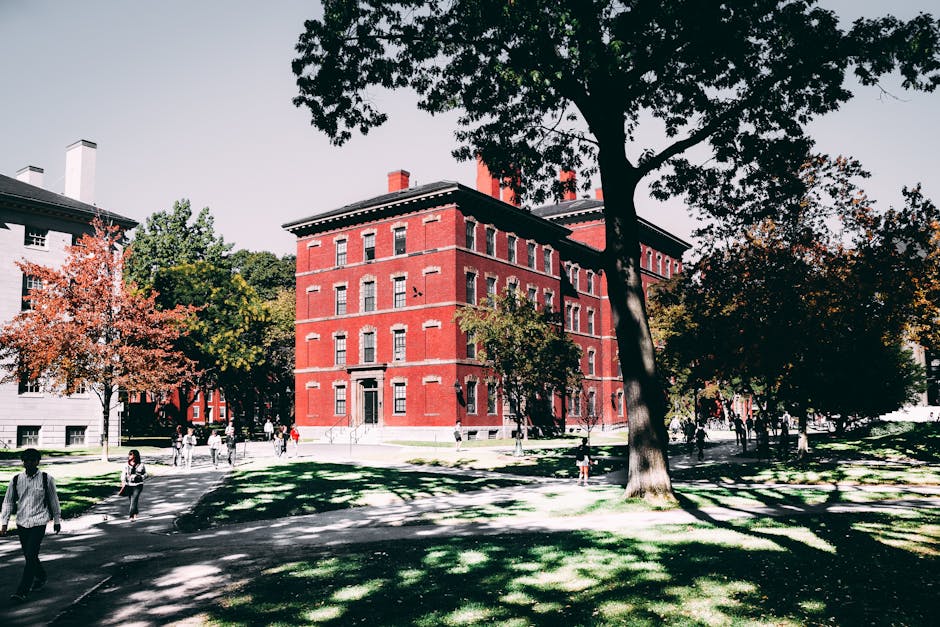Cambridge University: A Deep Dive into History, Academics, and Global Impact
Cambridge University, a collegiate public research university in Cambridge, England, stands as a beacon of academic excellence and historical significance. Founded in 1209, it’s one of the oldest universities in the English-speaking world and consistently ranks among the top universities globally. This comprehensive guide delves into its rich history, prestigious colleges, renowned academics, and lasting impact on the world.
A Glimpse into History: From Medieval Beginnings to Modern Excellence
Cambridge’s origins trace back to the 13th century, emerging from a migration of scholars from Oxford University. The university’s early development was marked by the establishment of individual colleges, each with its own unique character and traditions. These colleges, not departments, are the fundamental building blocks of the university, providing both academic and residential facilities for students.
Over the centuries, Cambridge flourished, attracting brilliant minds and becoming a crucible of intellectual ferment. The university played a pivotal role in the Scientific Revolution, with figures like Isaac Newton making groundbreaking discoveries within its hallowed halls. Its contributions to mathematics, physics, and natural sciences continue to shape our understanding of the world.

The university’s history isn’t solely confined to scientific advancements. It also boasts a rich legacy in the humanities, social sciences, and arts. Many influential thinkers, writers, and artists have graced its colleges, leaving an indelible mark on intellectual and cultural discourse. The university’s history is a vibrant tapestry woven from threads of academic pursuit, intellectual debate, and enduring tradition.
The Collegiate System: A Unique Educational Structure
Unlike many universities, Cambridge operates under a unique collegiate system. This means that students are members of both the university and a specific college. Each college has its own governing body, facilities, and distinctive atmosphere, fostering a strong sense of community and belonging.
Benefits of the Collegiate System:
- Close-knit community: Smaller college sizes facilitate closer relationships between students and tutors.
- Personalized support: Tutors provide individualized guidance and mentoring.
- Diverse learning environments: Each college has its own unique character and traditions.
- Residential experience: Most colleges provide on-campus accommodation, contributing to a vibrant campus life.
Academic Excellence: World-Leading Research and Teaching
Cambridge University consistently ranks among the world’s top universities, renowned for its rigorous academic standards and cutting-edge research. Its faculty comprises leading experts in their fields, who are at the forefront of innovation and discovery. The university’s commitment to research is evident in its substantial research funding and numerous groundbreaking discoveries.

Notable Academic Departments:
- Mathematics: Home to renowned mathematicians and a center for groundbreaking research.
- Physics: A leading department known for its contributions to theoretical and experimental physics.
- Medicine: Conducting vital research and providing exceptional medical training.
- Engineering: Developing innovative solutions to global challenges.
- Humanities: A diverse range of disciplines offering in-depth study and critical analysis.
Global Impact: Alumni Shaping the World
Cambridge University has a remarkable global impact, largely due to the achievements of its vast and influential alumni network. Countless Cambridge graduates have gone on to achieve greatness in various fields, shaping the course of history and leaving a lasting legacy on the world.
Notable Alumni:
- Sir Isaac Newton: A pivotal figure in the Scientific Revolution.
- Charles Darwin: The father of evolutionary biology.
- Stephen Hawking: One of the most brilliant physicists of our time.
- Alan Turing: A pioneering computer scientist and mathematician.
- Numerous Nobel laureates, prime ministers, and global leaders: Highlighting Cambridge’s enduring impact on global affairs.
Admissions and Student Life: Navigating the Application Process
Gaining admission to Cambridge is highly competitive. The university’s rigorous admissions process attracts applicants from around the globe. Potential students must demonstrate strong academic credentials and a passion for their chosen field of study. Beyond academics, Cambridge boasts a vibrant student life filled with diverse societies, clubs, and sporting activities.
Key aspects of Cambridge Student Life:
- College life: A strong sense of community and belonging within each college.
- Societies and clubs: A vast array of extracurricular activities catering to diverse interests.
- Sporting events: Intense rivalries and vibrant sporting culture.
- May Balls: Grand formal balls held annually in May.
Cambridge Today and the Future: Research and Innovation
Cambridge continues to evolve, embracing new challenges and pushing the boundaries of knowledge. The university remains a global leader in research and innovation, contributing significantly to advancements in various fields. From tackling climate change to developing new medical technologies, Cambridge is at the forefront of addressing global challenges. Its commitment to excellence ensures its continued relevance and impact on the world stage.

Cambridge University is more than just a university; it’s a living institution, a vibrant community, and a global leader in education and research. Its rich history, unique collegiate system, and unwavering commitment to academic excellence make it a truly exceptional institution that continues to shape the future.

